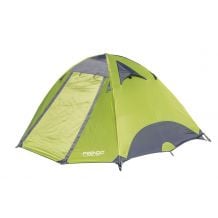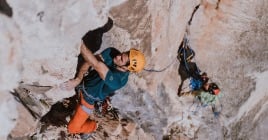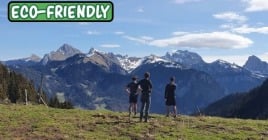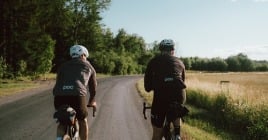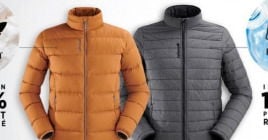Going camping or bivouacking allows you to spend a privileged moment with nature. Lovers of nights under the stars will tell you that there is no more beautiful place to sleep than in the middle of nature. But, to take advantage of these excursions in an optimal way it is important to know how to choose its equipment and in particular the tent.
The difference between a camping tent and a bivouac tent?
Choosing your camping tent
Living space
First of all, you have to determine the average number of people who will live in this tent. The objective is to meet the needs of the whole family in terms of space and storage. Indeed, the optimal size of the living space is necessarily linked to the number of people who will be present during the stay. It is always possible to use an awning or a vestibule to enlarge the space. It is generally recommended to consider that a person must have a minimum of 60 cm in width and 2 meters in length to feel comfortable.
The shape
Waterproofing
It is extremely important to pay attention to this factor, because during a stay, whether long or short, you will appreciate staying dry even in bad weather. Refer to the Schmerber rating to see how many drops a fabric can withstand before water seeps into the tent (the higher the rating, the more waterproof your tent is).
Protection
Find all our camping tents here .
ADVICE FROM PRODUCT EXPERTS:
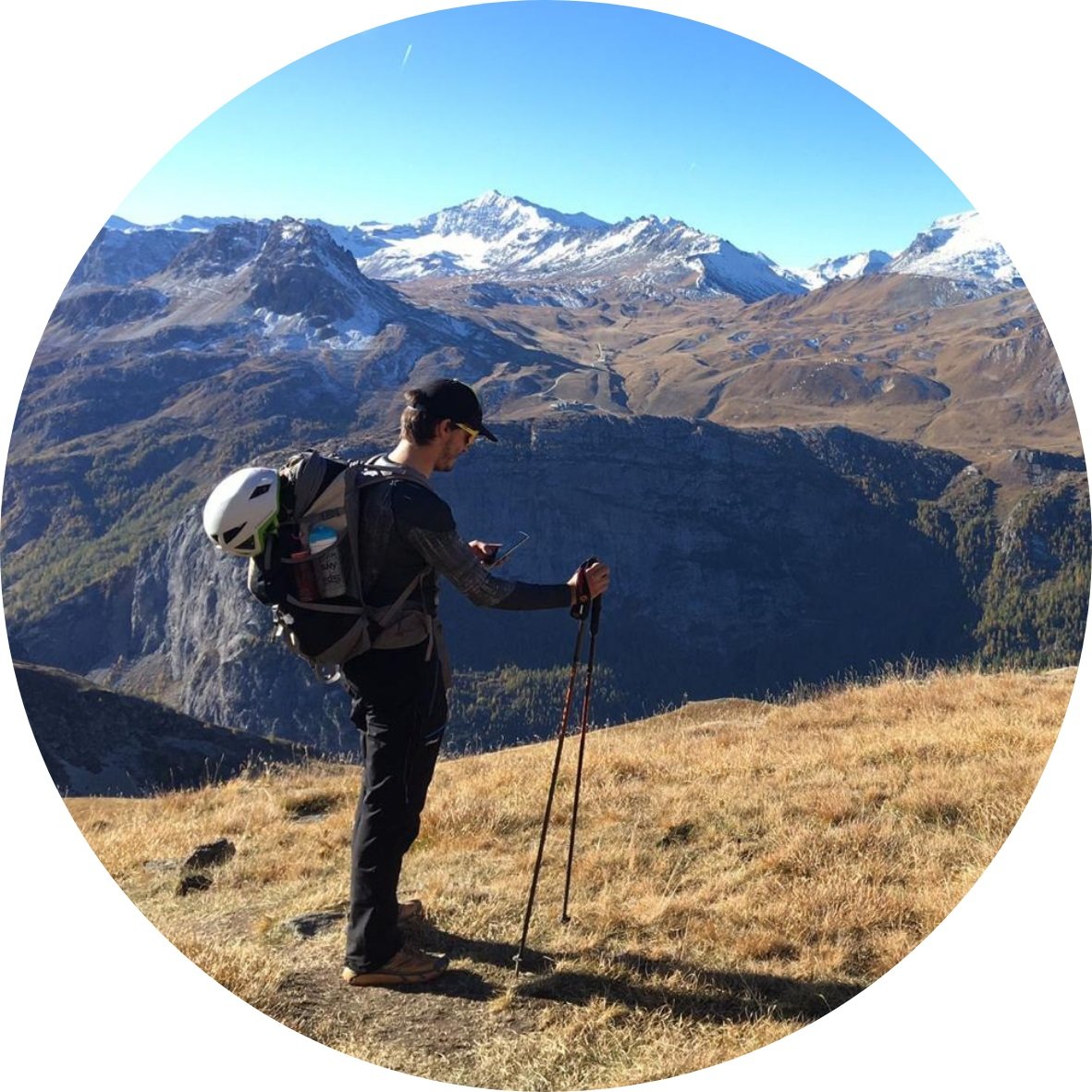 |
It is preferable to choose a well waterproof tent which will prevent moisture from staying inside. Indeed, the difference between the inside temperature of the tent and the outside temperature can cause condensation to appear. Nicolas - Camping universe buyer About Nicolas: "Passionate about the sea and the mountains and a great traveler, I particularly like to surf, trail ride, bike and snowboard in winter." |
Choosing a tent for bivouac
The essential criteria for choosing a tent for bivouac are: lightness, resistance and the ability to be compact. The goal is to leave with the lightest possible backpack.
Aesthetics and comfort
Insulation
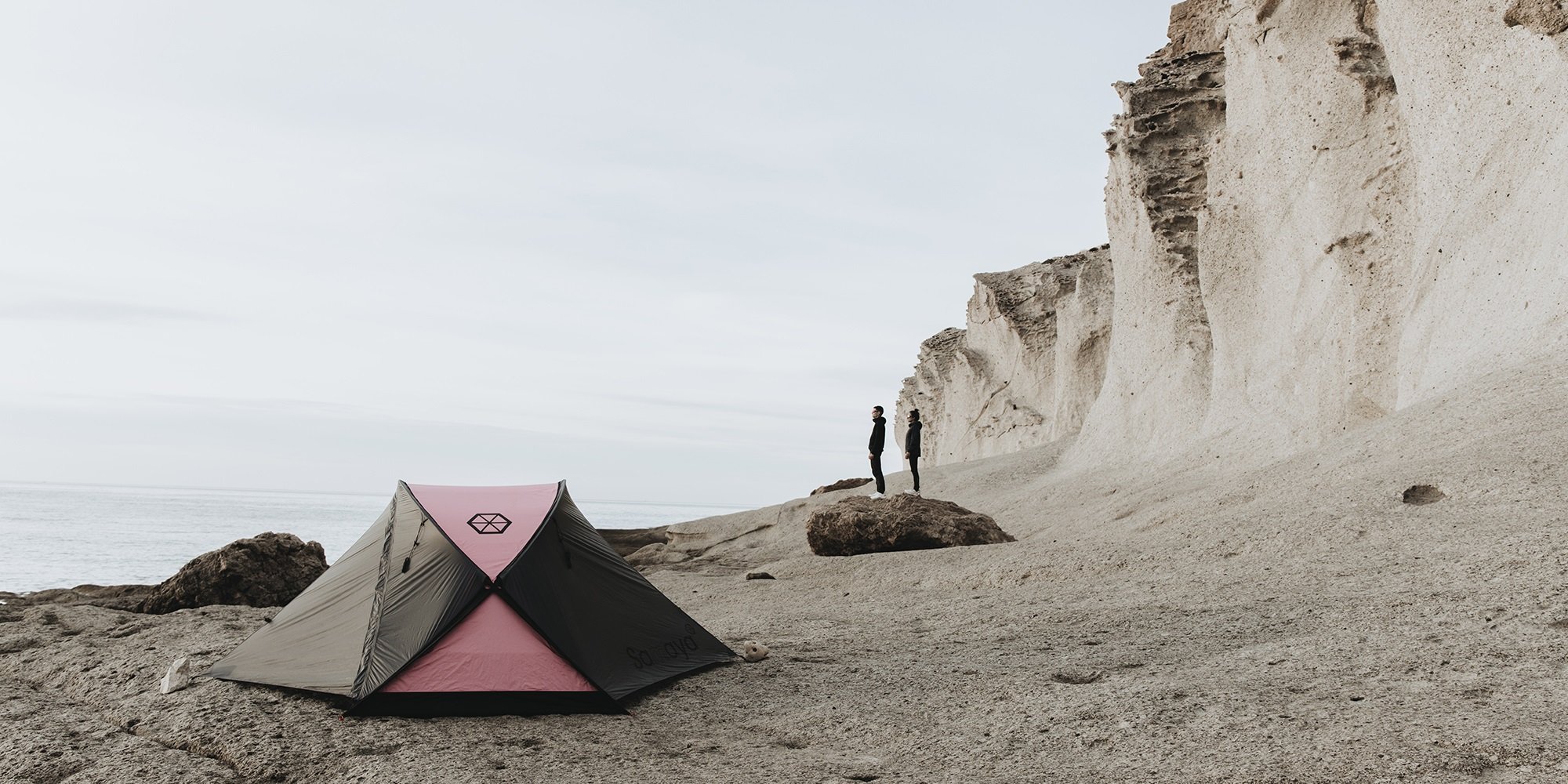
Waterproofing
The same criteria as for camping tents apply. The fabric of the tent is considered waterproof when the Schmerber level is at least 1500, but this is more appropriate for a classic hike or a week of climbing during the summer and spring. A well waterproofed tent prevents the humility from penetrating inside the tent and therefore does not cause too much condensation.
Find all our bivouac tents here .
TO KNOW :
 |
It is advised not to exceed 1.5kg per person. For a 3 person tent for example, limit the weight to a maximum of 4.5kg. This will allow you to distribute the items evenly so that each person carries as little weight as possible. |
As you have noticed, choosing a tent is not always as simple as you might think and requires you to respect several criteria.
TO REMEMBER :
-
Take into account the lightness criterion
-
Choose a tent adapted to the climatic conditions
-
Do not neglect the importance of comfort (living space, number of bedrooms...)
-
To ensure optimal comfort, choose a waterproof tent

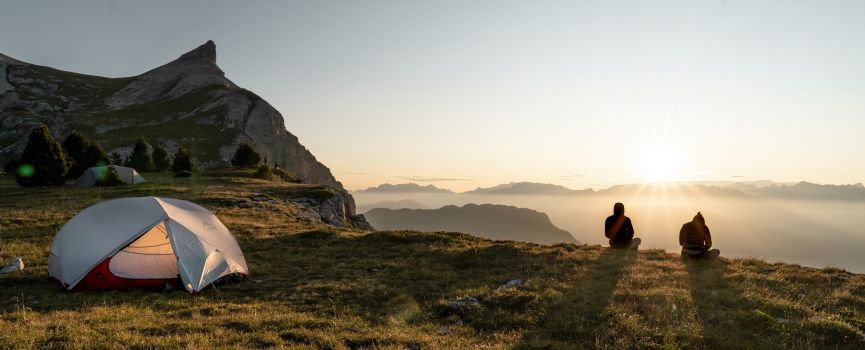

.jpg)






